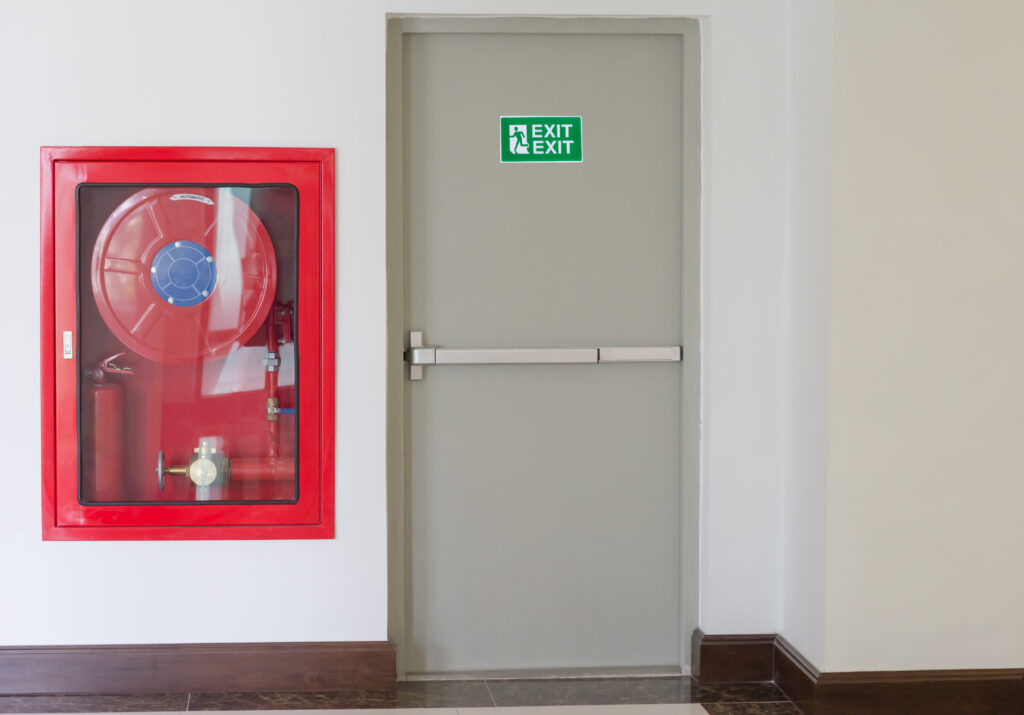An ambitious programme
On 14 December 2020 Vaughan Gething (Wales’ Health Minister) and Kirsty Williams (Wales’ Education Minister) released a joint statement outlining the proposed mass testing of staff and pupils, with the overall objective of reducing the need for class-wide self-isolation protocols should a child contract COVID-19. Mass rapid testing (Lateral Flow Test ‘LFT’) in schools would be the first programme of its kind across all four nations of the UK and would follow the similar rollout of mass testing to care homes.
Before Christmas 2020, Welsh Government committed to reducing asymptomatic transmission and to ensuring that education continuity is maintained for learners with minimal disruption. It was proposed that from January 2021, schools and further educational settings would be offered the facilities necessary to test children, teachers, and close contacts, replacing the need for self-isolation for those within the educational setting.
The rollout will be phased, starting with secondary schools. However, the intimate details and processes of how this ambition will be achieved have yet to be fleshed. It will no doubt be put back, given the Government’s announcement on 04 January 2021 that schools and further education settings should remain closed and only provide online provision up to 18 January.
Faced with several obstacles
LFT isn’t used without controversy. Government research has revealed that, during the pilot LFT scheme in Liverpool, they missed up to 30% of individuals with a high viral load who would have been picked up by the standard COVID-19 tests. Because of this, many experts are concerned that rolling these out to schools will provide false reassurances, doing little to mitigate the spread of the virus. However, the Welsh Government has been keen to stress that these tests should be accompanied by existing measures to curtail the spread of the virus.
In addition, teaching unions have expressed concern that there aren’t enough volunteers to achieve the ambitious roll out programme. The Schools Minister for the UK Government, Nick Gibb, has said that the tests will need to be administered by volunteers and agency staff, rather than the teachers themselves. The question therefore is, where can these volunteers be found?
Even if there were sufficient volunteers, there are safeguarding questions surrounding their appropriateness. Nick Gibb stated on LBC radio on 18 December 2020 that volunteers would not need a DBS check because they will be supervised by staff whilst undertaking the test on children. While this may be true in relation to a barred-list DBS check, it could be an overly simplistic interpretation of the varying DBS checks available and the legal basis for conducting them.
It is a criminal offence to employ an individual, or to permit a volunteer, to carry out regulated activity with children if that individual is included on the children’s barred list. A regulated activity includes care or supervision of children for more than three days in a 30-day period in a school. This could capture any volunteers who wanted to help in the mass asymptomatic testing programme, unless they are subject to reasonable supervision that ensures children are protected. Reasonable supervision cannot be defined and depends on the relevant circumstances. So, it is currently unclear to a lot of schools whether DBS checks will be required when recruiting volunteers, which potentially introduces a further obstacle to this ambition.
Moving forward, the Welsh Government will need to clarify how this rollout will be achieved, and how it intends to overcome these obstacles. If you’d like further advice on any of the above issues, particularly the legal parameters around requesting certain types or level of DBS check, please don’t hesitate to get in touch with Trish D’Souza (t.dsouza@capitallaw.co.uk).



